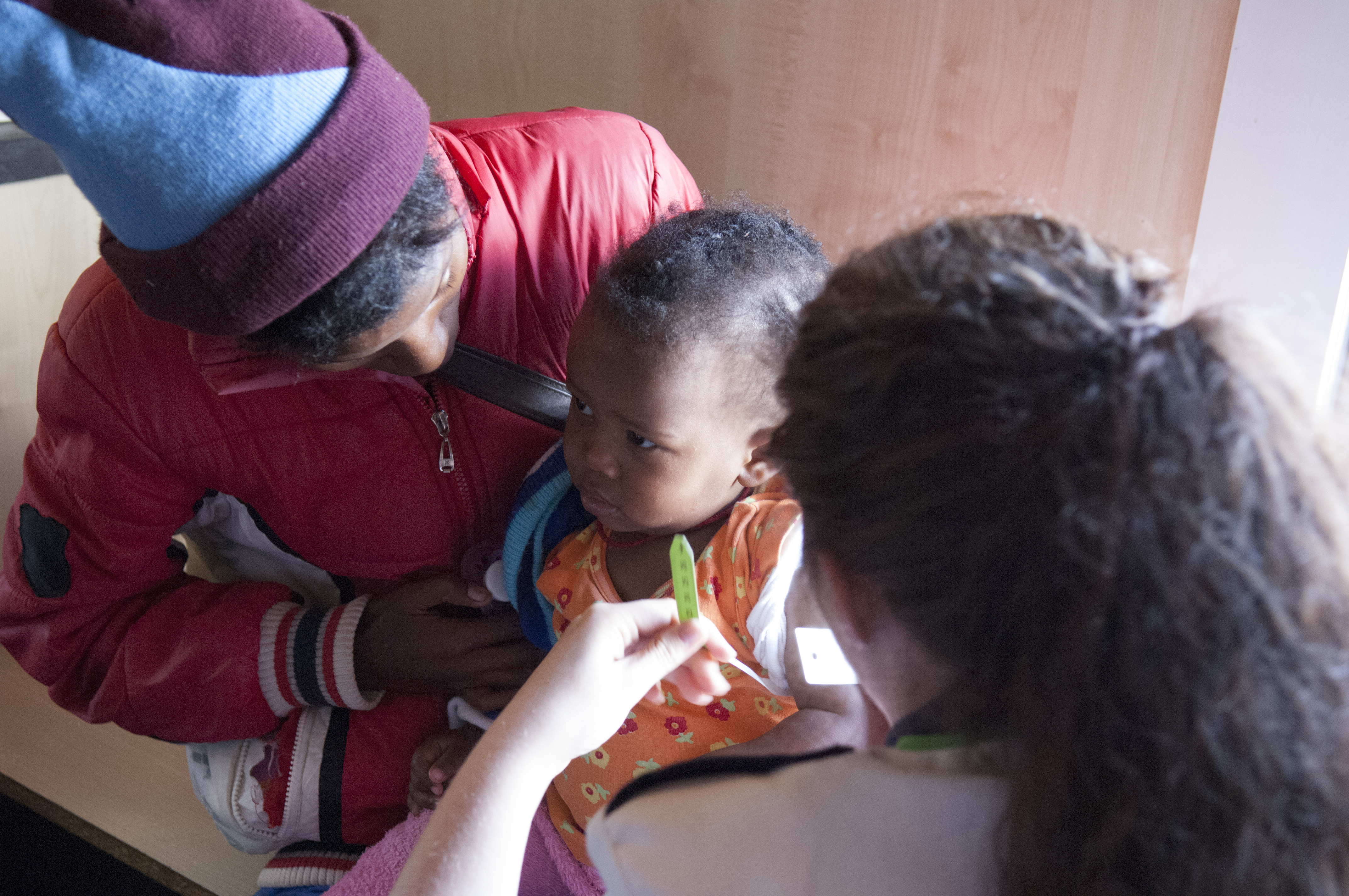Virtual Interprofessional Education Collaborative (VIPE) Information & Introduction
World Health Organization Definition of Interprofessional Education (IPE) and Collaborative Practice
- “Interprofessional education occurs when students from two or more professions learn about, from and with each other to enable effective collaboration and improve health outcomes.
- Interprofessional education is a necessary step in preparing a “collaborative practice-ready” health workforce that is better prepared to respond to local health needs.
- A collaborative practice-ready health worker is someone who has learned how to work in an interprofessional team and is competent to do so.
- Collaborative practice happens when multiple health workers from different professional backgrounds work together with patients, families, careers and communities to deliver the highest quality of care. It allows health workers to engage any individual whose skills can help achieve local health goals.”
Goal of VIPE
To provide virtual health care students from multiple universities with an interprofessional virtual training experience.
Students will work in interprofessional (IP) teams that include a faculty preceptor and a number of health profession students from many disciplines in a virtual online setting to : (1) learn the fundamentals of interprofessional care, (2) understand the role of health-care disciplines and when to refer, (3) examine and define the roles across a spectrum of care settings from Family Practice, to Emergency Department, to Hospital Admission, to Sub-Acute Care, to Home, (4) understand why follow-up care is important, and (5) understand the role of health-care reimbursement.
VIPE Format
Students will:
- Work in student teams, representing health disciplines from multiple universities
- Be assigned an IPE faculty facilitator
- Attend an online virtual Interprofessional education session
- Engage in a simulation/discussion of Interprofessional care through a case vignette
- Students will complete pre/post surveys and pre/post assessments
- Students will also complete the IPAS: Interprofessional Attitudes Scale
- Students will also complete the ICCAS: Interprofessional Collaborative Competencies Scale
* Data collected will be de-identified. IRB/Ethics approval by Yale University: #2000027003 (and multiple other universities/information provided upon request)

